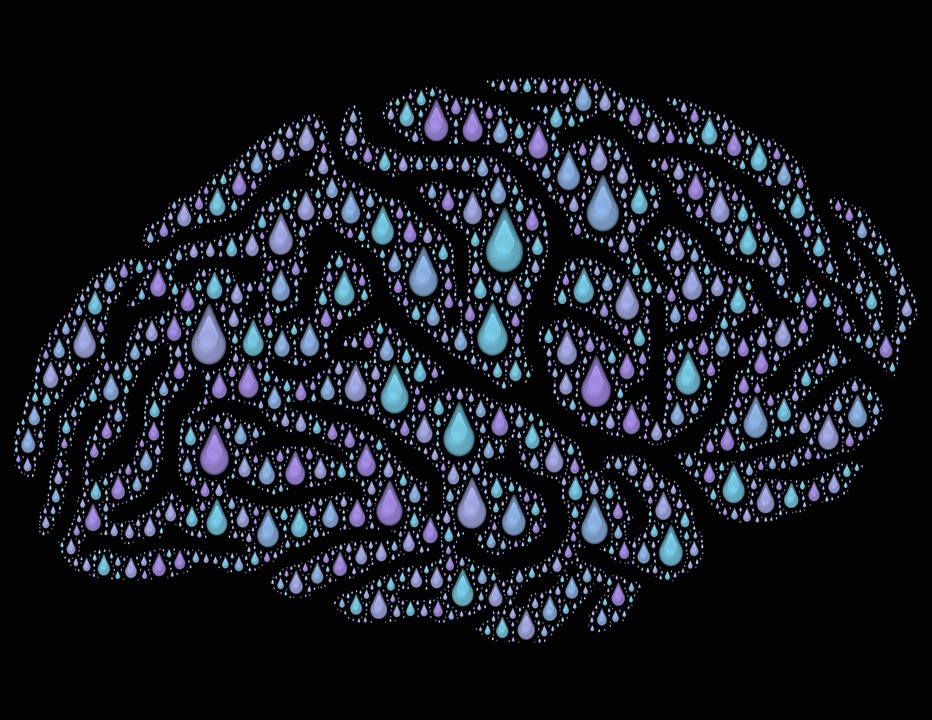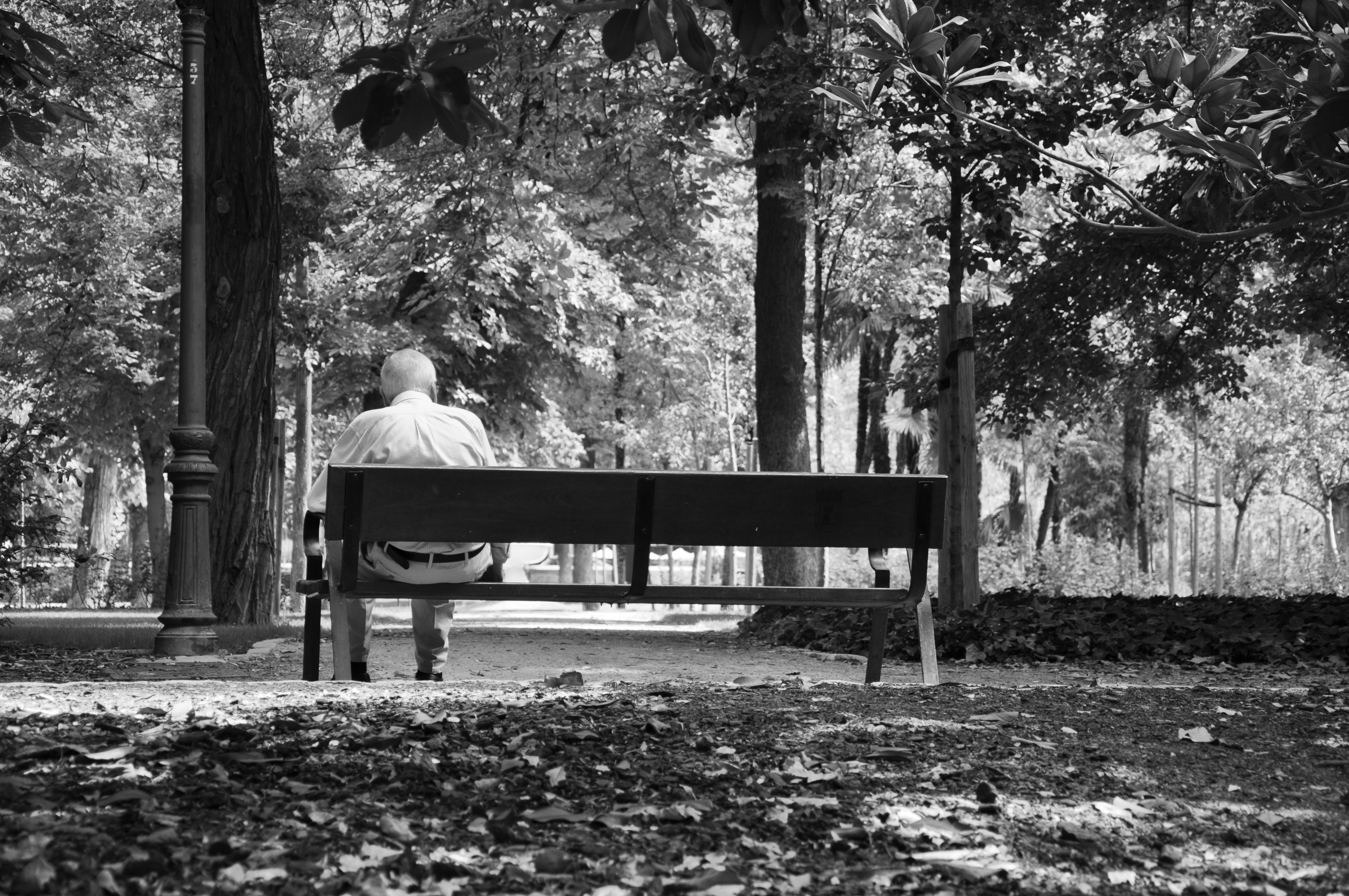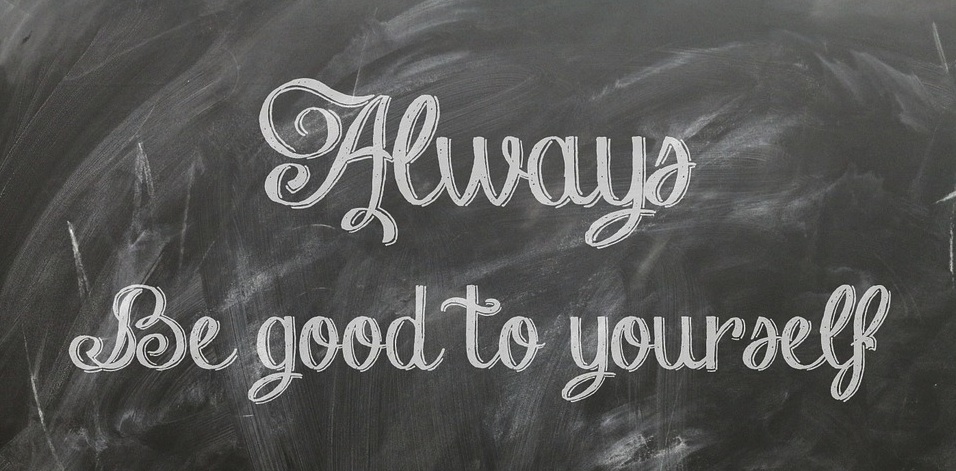Direction for the ones left behind
Grief.
That somewhat awkward five lettered word that no one really feels a hundred percent comfortable talking about. We become uneasy about burdening others with our troubles, or fear that they may no longer see us as a fun, friendly individual if we start to broach the subject of our lost loved ones. However, this slightly difficult and unpopular topic of conversation is one that needs to be approached as a matter of necessity. Grief is a universal, problematic and endless experience, which is marginally softened by the art of discussing it out loud (ironically, I’m writing about it.)
In 2006 I lost my father to Cancer, which was an experience that shaped me into the person I am today (and made me an expert on all things grief/sorrow/tears related.) I can strongly vouch for the fact that us grief stricken ones all need a little help at times, whether we are keen to admit this or not. Rather than discussing the subject in that subtle-treading-on-egg-shells-hoping-no-one-starts-ugly-crying fashion, I’m merely going to share my honest view on one of life’s most perplexing emotions. I aim to clarify, not preach, and more importantly I intend to tell the truth, the whole truth, and nothing but the truth.
To start with a stereotypical councillor style interpretation of this topic, it has to be stated that it is a comfort, no matter how great or small, to know that you are not alone in your misery. In our logical mind, we are without a doubt fully aware that many suffer painful loss; whether this is friends, family, partners, cats, goldfish, or whoever meant something to them. We are in no way the exception to any kind of rule. Yet, when you are engulfed in one of those intense sessions where the sad music is on repeat as the hiccup coughs occur and the cruel memories pierce you repeatedly like a knife to the stomach, you have never felt more isolated. During these moments, the guileless truth is that nothing can really help the process. Time alone to let it all out is sometimes exactly what you need before you stand up, dust yourself off and change your now dampened pillowcase.
At this point it is vital to add that each individual grieves in their own particular way – cliché but undeniably true. Some prefer to be alone on their darker days, whilst others will reach out to friends or a bar of chocolate for assistance. Certain individuals channel their sadness into art or writing, whilst others may want to exercise (I envy these ones) or walk the dog. Whatever your choice, it is a fundamental part of the grieving process that needs to take place on those gloomy days.
As you feel this rather ominous darkness approaching, rule number one is not to blame yourself, or anyone else. If your loved one passed ten years ago, you still have the right to grieve. If they passed two days ago, you still have the right to grieve. There is no limit or ‘finish line’ where you need to put a plug in the waterworks and pretend that nothing happened. Grief is not an emotion that simply decides to engulf us for a few weeks after the death and then disappear on back to the underworld with Hades. It is a persistent, underlying feeling that sticks to you like a limpet. Said limpet will not unhinge itself from you, and instead becomes your new sullen companion, dropping in to visit through a dull thud in your stomach.
Nevertheless, the plus side (yes, really) is that this companion isn’t a 24/7 addition to your life. Your everyday routine does not always develop into hiding under your blanket praying for the world to stop turning just for a moment. Instead, somehow, we learn to adapt and alter our lives. I have come to the conclusion that this is because we are feisty warriors. Never tell yourself that you should be ‘over it’ by any particular point. Do not look at yourself in the mirror and question why you are still struggling some days, because the answer will permanently remain the same; you are a slightly broken, yet still fully functioning, human being. As dramatic as it may sound, losing a loved one rips out a part of who you are and leaves a perpetual mark on our identity, which results in a major adjustment. You are not weak, and you are not the sadness that chooses to take you over.
One of the cruelest character traits of grief is the constant realisation (seriously, this is the ultimate worst; the mean-girls-bitchy side to grief). You slowly realise that losing someone isn’t like a film with the leading lady crying daintily over her lost love whilst still managing to look stunning. Grief isn’t a dreamy slow song that is beautifully written. Grief is having a bad day where you end up on the floor of your bedroom with a red face and blotchy eye makeup after you’ve reached that awkward coughing/retching stage of crying. Grief is not cinematic and it is certainly not idealistic. To put it plainly, it sucks.
Another rather frustrating trait of grief is its consistent ability to creep up on us when we least expect it. Oddly, the days that you imagine to be the worst, such as anniversaries and birthdays, do not distress you anywhere near as much as you thought they may do. Instead, on a good day when you’re walking down the street running some errands and thinking about what you’ll be having for dinner, you may spot someone who has a jacket identical to the one that your loved one used to wear, or they have a similar laugh and smile, and it hits you again like an astounding ton of bricks, right there in the middle of the pavement.
On the flip side, when something wonderful happens in your life, you’ll feel that incredible high mixed with the murkiest low as you celebrate yet ache inside as the realisation dawns on you once more that your lost loved one is unable to share this moment with you – this can also be cruelly paired with the scary ‘I can’t remember what their voice/laugh/snoring sounded like’ moment (I told you this was a frustrating one). What truly gives us the strength to continue with our lives is the ability to deal with the sharp and unforgiving recollections time after time, experienced in all places; from when we’re wandering around the supermarket to the middle of our day at the office. We learn to control ourselves when it is necessary, thus being capable of fitting neatly into society.
When it comes down to it, rather than sinking into the quicksand, try your hardest to channel that grief into strength, and reiterate to yourself that you are still a living breathing human being who has worth and importance in this world. You deserve to eventually, when you’re ready, stand tall again and continue living your life. This is a challenging instruction to employ during the toughest periods, but the affirmation of this will ever so slightly ease the pain. Embrace the good days, power through the bad, and let yourself be human.
The imperative life lesson to retain above all else, is that you are still here. Nothing can soften the tragedy of losing someone you love, but as long as you are alive, you have every right to still enjoy the life that you lead. Nonetheless, when those dark clouds loom and won’t leave without erupting into a storm, let it ride out. At times grief is an unexplainable, empty and confusing emotion that requires some attention. Whether that be the ‘crying on the floor listening to Whitney Houston’ option or ‘laying in bed doing nothing for 5 hours’ plan, then do so unapologetically. Clarify to yourself that you are in no way defined by the hopelessness you experience, and you are far from becoming a failure if you voice this and reach out for the required support.
I do not doubt that we are soldiers for our ability to consistently battle through this sentimental minefield, yet the biggest comfort which must be continually reestablished to us all is that the ones who we love never truly leave us. This along with a strong cup of tea tends to delay the emotional explosives.





